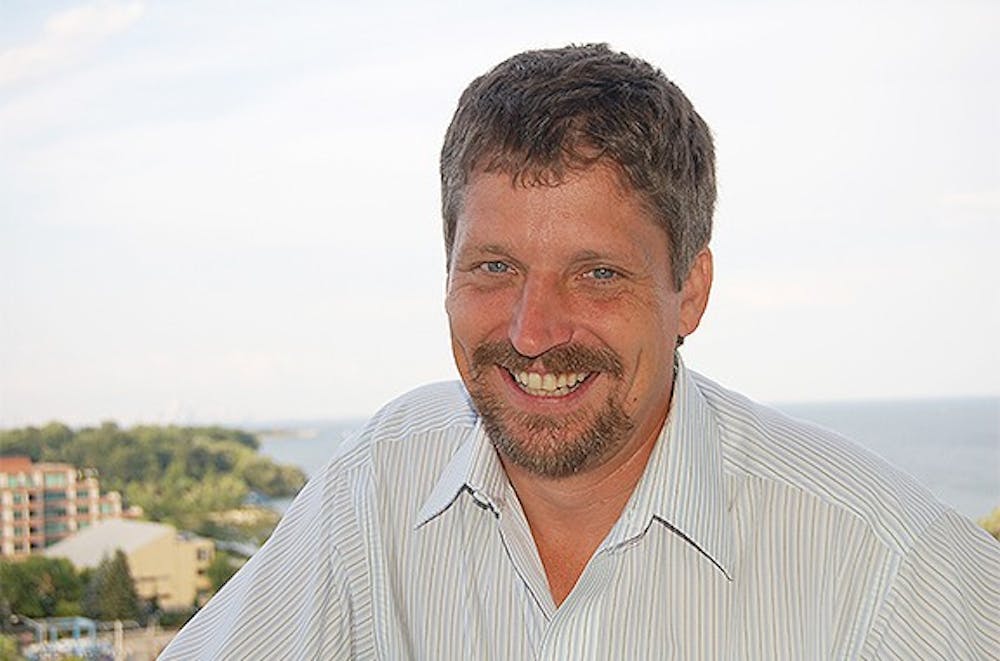Lyle Estill is a writer who stumbled upon the path of being an environmental activist by accident and then continued his journey to eventually become the co-founder of Piedmont Biofuels. In his latest book, “Small Stories, Big Changes: Agents of Change on the Frontlines of Sustainability,” he assembled stories from various activists with stories to tell. He will be discussing his book at Bull’s Head Bookshop today.
Estill spoke to staff writer Zhai Yun Tan about the purpose of the book.
Daily Tar Heel: What is your book about?
Lyle Estill: It is an anthology of 14 different authors whom are all pioneers or have been on the front lines of societal change. Some of them are well-known writers who have been publishing for many years, and some of them are new voices who are just appearing for the first time.
One of them is Tim Toben. He has a chapter in there about Greenbridge, which is the skyscraper in Chapel Hill that has the lowest energy consumption per square foot than any building in the Southeast. There’s Blair Pollock who developed the Orange County recycling program, and there’s Eric Henry who developed the Cotton of the Carolinas, the first organic cotton crop in this state since Reconstruction.
It’s a collection of interesting people with interesting stories. It shows the personal, emotional and spiritual side of being an agent of change.
DTH: What inspired you to come up with that idea?
LE: I was in Paris at the time reading all the American writers in Paris during the ’20s and ’30s. I was enjoying Hemingway and Fitzgerald, feeling jealous and thinking what a great time that was to be alive. Wouldn’t it be interesting to be arguing with Gertrude Stein all night? Then it dawned on me that it is what I do. That is the life that I have except that instead of being with the 1920s and ’30s artists and writers in Paris, the people around me happen to be the same kind of people that are making change in the names of sustainability and America. So I thought that would be the book. It’s been selling like popcorns, and I’ve had people sending stories of their own activism to my website.
DTH: What do you hope to achieve with your book?




